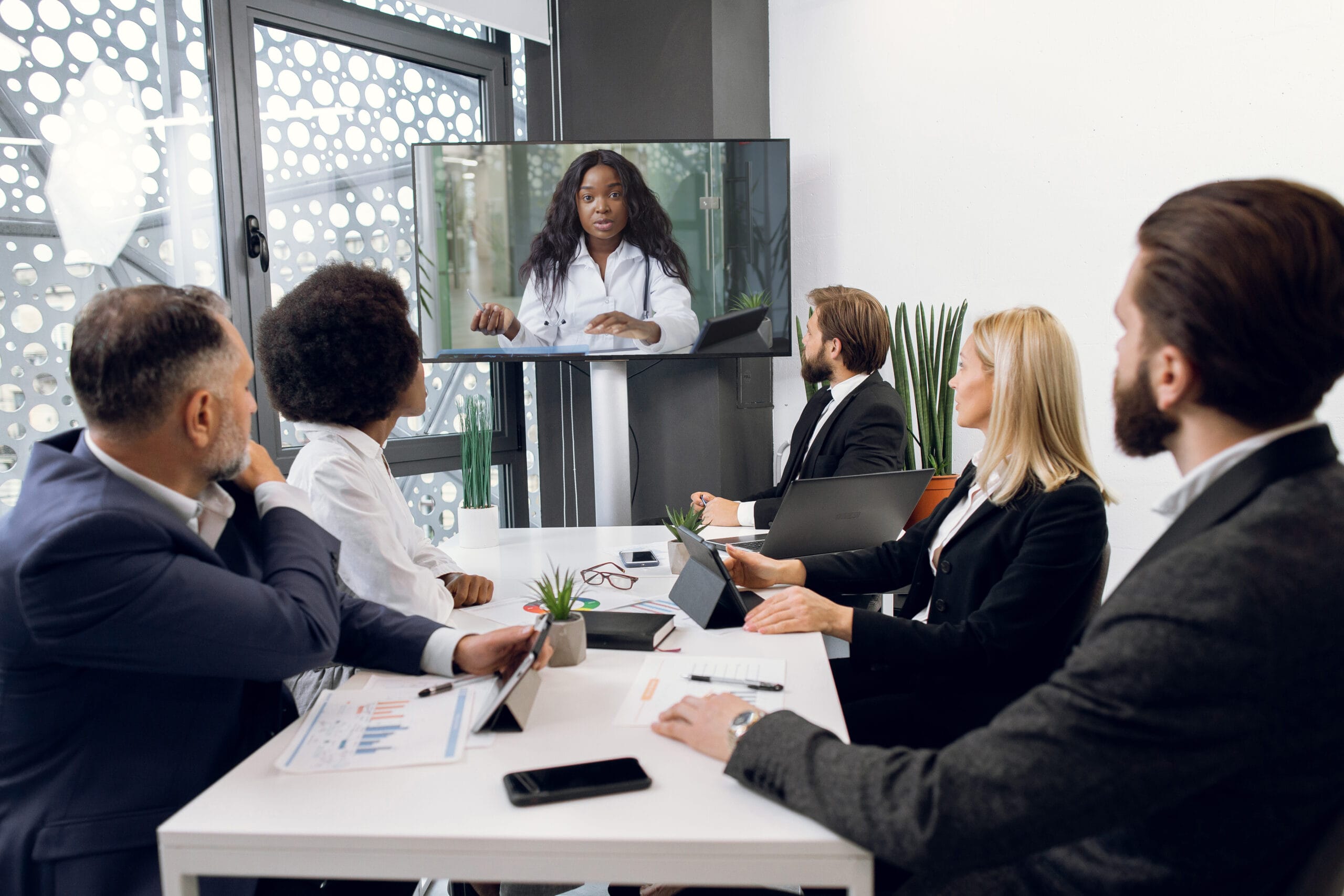The Power of Visuals in Trial Presentations for a Winning Argument
The integration of visuals in trial presentations has become a vital variable in successfully connecting complicated debates to jurors. By utilizing different kinds of visual aids-- be it diagrams, pictures, or animations-- lawyers can boost understanding and retention, eventually forming the jury's understanding of the situation. This method not only clears up complex stories however likewise establishes a psychological vibration that can affect decision-making. As we discover the nuances of this strategy, it comes to be necessary to consider just how specific sorts of visuals can make a significant distinction in trial outcomes. What useful approaches might lawyers employ to maximize this possibility?
Relevance of Visuals in Tests
In many legal settings, visuals play a critical role in improving the performance of test discussions. The assimilation of aesthetic components can considerably influence jurors' understanding and retention of complicated info, therefore shaping their understandings and choices. Visuals, such as graphes, representations, and pictures, can streamline elaborate stories, making them more available and engaging.
In addition, the human mind processes aesthetic info more successfully than message, which underscores the importance of including visuals into lawful disagreements. By converting dense lawful ideas right into aesthetic formats, attorneys can promote more clear communication, ensuring that essential factors are not neglected throughout tests.
Furthermore, visuals offer to involve jurors on a psychological level, cultivating a connection to the case that words alone might fail to accomplish. The tactical usage of visuals can stimulate empathy, triggering jurors to take into consideration the human elements of the situation.
Inevitably, the significance of visuals in tests lies in their capacity to enhance quality, improve juror interaction, and reinforce the narrative being offered. This potent mix is essential for crafting convincing debates that resonate with jurors and affect the end result of legal procedures.
Kinds Of Visuals to Use
Efficient test discussions can significantly take advantage of a selection of visual tools that satisfy various facets of the case. trial presentations. Using representations and graphes can effectively break down complicated details, making it extra digestible for jurors. As an example, flowcharts can show the series of occasions, while bar chart might succinctly compare relevant data points.

Animations and simulations can also play an important duty, especially in situations entailing technical data or complex scenarios. These visuals can dynamically represent processes or activities, providing clarity and interaction that fixed photos may not accomplish.
Furthermore, infographics combine text and visuals to summarize important info efficiently. They can provide timelines, stats, and considerable situation points in a visually attractive way, making it simpler for jurors to comply with the disagreement.
Enhancing Comprehension and Retention

Enhancing understanding and retention throughout test presentations is essential for ensuring that jurors grasp the crucial components of a situation. Visual help function as powerful tools in this respect, equating complex details right into easily absorbable styles. By utilizing graphes, representations, and infographics, attorneys can streamline complex data and emphasize crucial points that might otherwise be forgotten.
Research studies have actually shown that people maintain information dramatically better when it exists aesthetically. This is particularly significant in a trial setup, where jurors may be bewildered by the volume of proof and testimony. By purposefully integrating visuals, lawyers can direct jurors' focus to the most essential aspects of the instance, reinforcing their understanding and memory of the product presented.

Producing Involving Presentations
Exciting jurors' interest during trial discussions is necessary for communicating an engaging narrative. Involving presentations utilize visual aspects to create a remarkable experience that resonates with jurors. The calculated use graphics, computer animations, and video clips can illuminate intricate information, making it extra available and relatable.

Furthermore, incorporating narration techniques can boost engagement. Offering evidence in a sensible sequence that constructs sob story enables jurors to get in touch with the material on an individual level. Numerous presentation styles, such as incorporating brief video clips or interactive aspects, can additionally suffer passion and attention throughout the test.
Ultimately, an appealing discussion promotes an extra profound understanding of the situation, original site making it possible for jurors to better value the debates existing and bring about a more positive end result.
Case Research Studies and Success Stories
Countless study highlight the substantial impact of visuals in trial discussions, showing their ability to influence juror understandings and inevitably the outcomes of cases. A notable case involving a personal injury insurance claim showed just how the usage of a 3D computer animation of the crash scene made clear complex details. Jurors reported feeling more informed and empathetic, considerably swaying their decision in favor of the plaintiff.
In another instance, a corporate litigation case utilized infographics to existing economic information and timelines, making detailed details obtainable. The aesthetic depiction allowed jurors to understand the nuances of the case Continue better than spoken descriptions alone. trial presentations. Consequently, the jury returned a decision that exceeded the customer's assumptions
The engaging visuals not only view it helped in developing doubt yet likewise reverberated psychologically with jurors, leading to a pardon. These success stories emphasize the requirement of incorporating visuals right into test discussions, as they improve understanding, retention, and ultimately, the persuasive power of legal arguments.
Final Thought
To conclude, the strategic consolidation of visuals in trial presentations significantly improves jurors' understanding and retention of complicated details. By using numerous types of visuals, lawyers can properly make clear bottom lines and foster psychological connections with the audience. Involving presentations, supported by engaging study, show the extensive impact that visuals can have on influential communication. Eventually, the power of visuals functions as a crucial component in attaining beneficial test end results.